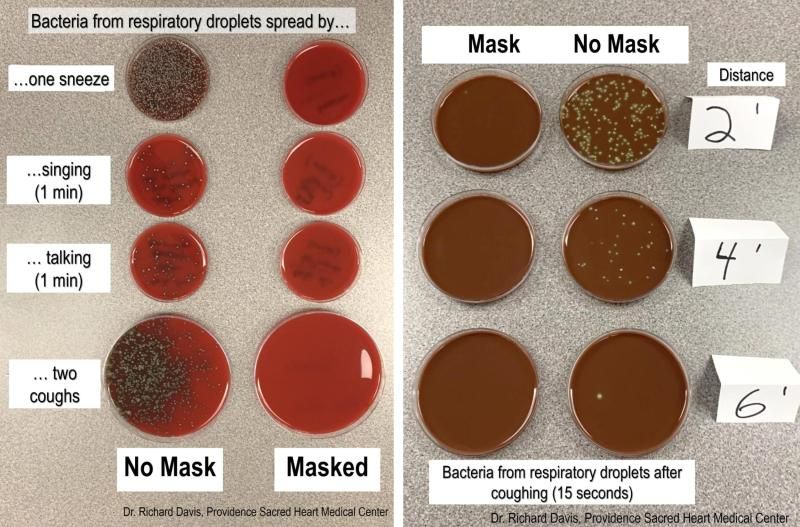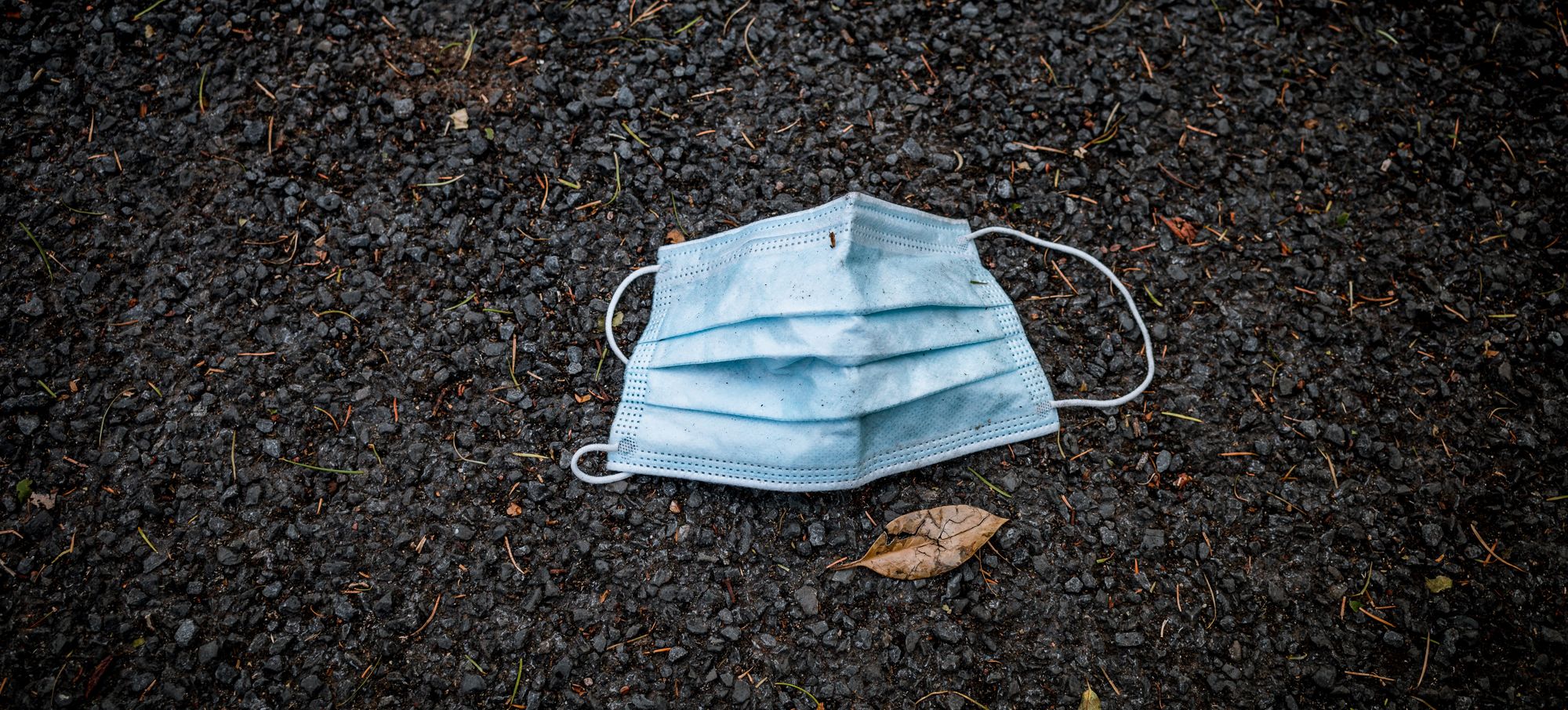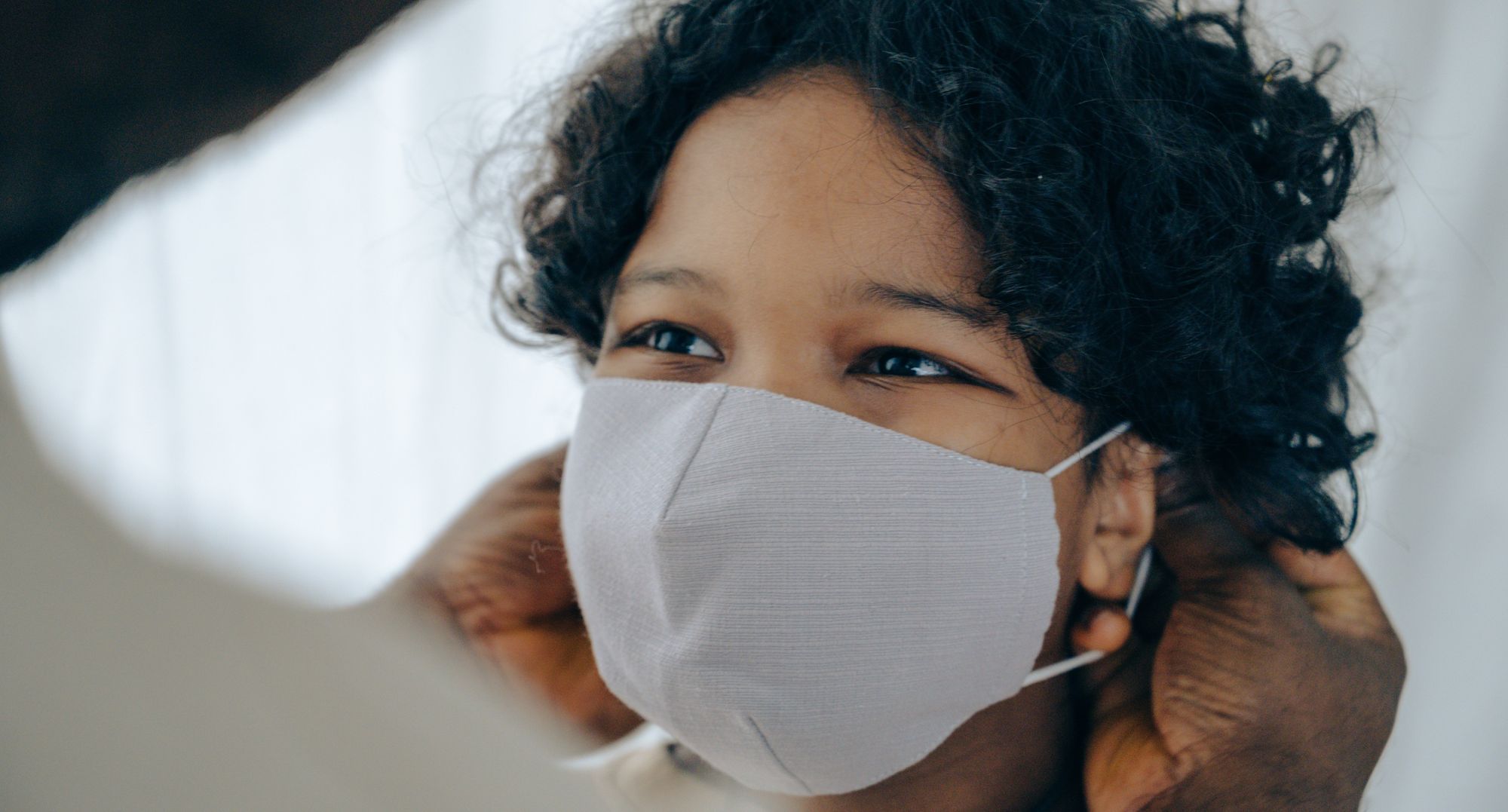New research from Providence Sacred Heart Medical Centre in America has proven the effectiveness of mask wearing against the spread of bacteria and viruses.
As İbrahim Mutlay, a specialist in advanced materials explains, “This experiment compares how your mouth emits microorganisms and what masks can do against that. The first image is sneezing, singing, talking, and coughing toward an agar culture plate with or without a mask. Bacteria colonies show where droplets landed. The mask blocks virtually all of them. In the second demo, open bacteria culture plates are placed 2, 4, and 6 feet away and it is coughed (hard) for ~15s. This is repeated without a mask. As seen by the number of bacteria colonies, droplets mostly landed <6 ft, but a mask blocked nearly all of them.”

While the test was conducted on the reaction of bacteria, logic suggests that it would be just as effective against viruses.
“It is 100% true,” Davis says, “Bacteria are incredibly different from viruses. But since it is believed that Covid-19 spreads mainly through droplets, I exploit the presence of bacteria in droplets to show where they are going.”
While such a simple experiment may seem to show the effectiveness of face masks, other virologists suggest mask usage in real life means that they can be responsible for spreading the disease even further.
Their belief is that while masks work well in catching water droplets from the wearer’s breathing and coughing, the wearer is also prone to frequently touch the mask, to readjust it or to scratch the face, as well as simply putting it on and taking it off. In doing so, the wearer is transferring potentially coronavirus infected moisture from the mask onto the hands, and from the hands on to door handles and lift buttons and handrails or any number of other contact points.

Avoiding this form of virus spread requires the mask to kill the virus.
Fortunately, this is something which a team of nanotechnology specialists from the Czech Republic have now achieved.
The product is called NANO AB PC-22 and uses the anti-bacterial and anti-viral properties of nanoparticles of copper, zinc, silver, gold, and cerium to prevent microbes from living in fabrics.

While the debate over the effectiveness of masks against coronavirus wearing may rage on even beyond the current pandemic, the discovery of a fabric that contains, according to the product’s designers, “active bactericidal affects which kill 99.99% of all known bacteria and virus” is bound to be make the world safer.
With patents already secured on the product, the Prague-based company AG CHEMI GROUP is now making preparations to start production by the end of 2020. Hopefully, enough masks can be made with this new anti-viral nanofabric before any second wave begins.
Photo credit: Rich Davis, Matt Moloney from StockSnap, Ian Livesey from StockSnap, & Pexels